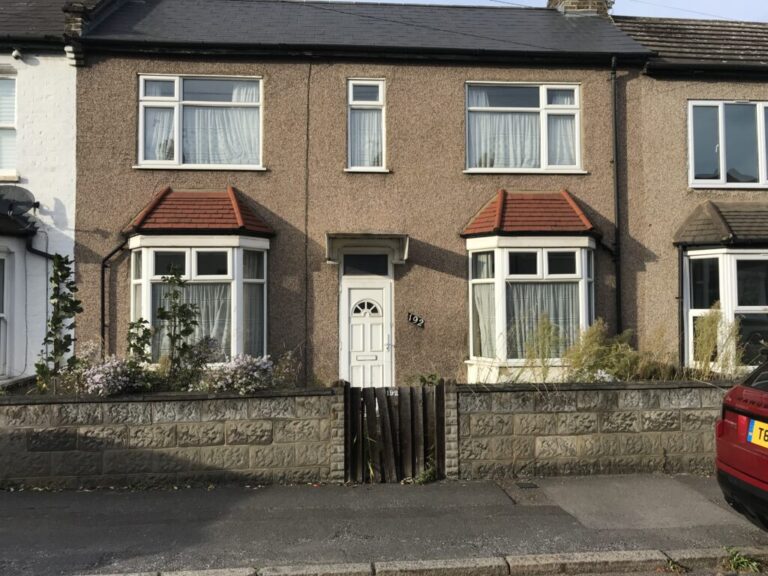Landlords – what happens if your property has a fire?

It is the stuff of nightmares and a situation that all landlords dread – the call that tells you that your property has caught fire. Hopefully your tenants are all safe and unharmed, but what do you do next?
At Reka Property Management, over the decades that we have managed properties we are sad to say that this happens more often than you think.
Your Fire Safety Obligations to your tenants
- The property will need to have working smoke alarms on each floor. These needs to be in full working order and be tested regularly.
- Carbon dioxide monitors should also be placed near the boiler, wood burning stoves and coal fires.
- You will need to have a gas safety record, which has been provided by a registered gas engineer, to ensure that all gas appliances are fit for purpose. This needs to be reviewed annually. You should provide your tenants with a copy of this.
- The same rules apply for electrical appliance which should have undergone a PAT (Portable Appliance Testing) or inspection Survey. You must also have an Electrical Installation Condition Report (EICR) carried out at your rental property every five years. Again, a copy of this report should be given to your tenants.
These measures will also provide some peace of mind that you have installed preventative measures against a fire.
However, if you find yourself in the unfortunate position of having a fire in your property, here is a checklist of what you should do:
- Inform your insurance company immediately of the situation. They deal with insurance claims on a daily basis and can offer some practical advice for you on what to do. You may even find that your insurance policy covers temporary accommodation for your tenants.
- Establish who is responsible – generally speaking if the fire was an accident, then you, the landlord, are responsible for structural damage (unless it was because of your tenants’ negligence) and the tenant is responsible for their contents and belonging (unless it was your negligence.) If the fire was caused because of your tenants’ negligence then you can ask them to pay for repairs. However, we suggest you take legal advice if you wish to do this.
- When can your tenants move back in? As a landlord you are responsible for ensuring that your property is safe before your tenants return. This will mean that the building is structurally sound. All gas, electric, HVA and other systems need to checked and certified safe by relevant professionals and you will also need to clean the property to a standard which is fit for living in. Once your due diligence checks have been applied you will then be able to allow your tenants back into the property.
- Can you charge rent after a fire? If your tenants are back in the property, and it is at a state similar to pre-fire, then you are able to charge them rent. If the property is uninhabitable the answer is not straightforward. This will depend on your tenancy agreement. Some tenancy agreements have a clause where the landlord agrees to return to the tenant any rent payable if the dwelling is rendered uninhabitable by fire.
- Do you have to find and pay for your tenants’ temporary accommodation? This is a common question asked of our team, and the answer to it is that the landlord does not have to find temporary accommodation for their tenants. The local authority will often step in to help in this instance. As to whether you must pay – the answer is a little more complicated. If the fire was caused by your negligence, you will be liable to pay for their rent. For example, if the fire was caused by faulty electrical wiring.
- Inform your Property Management Company – and lastly, if you have a Property Management Company in place, they will be able to help you to rectify this unfortunate situation and act as an intermediary between you and your tenants. We at Reka Property Management can help manage your property and work with you if the unthinkable happens.
We hope you found this article useful. It is worth noting that many of the above points also apply if the property is flooded. If you wish to discuss this in more detail, please do get in touch.
The information in this article is of a general nature and may not reflect your individual circumstances. Please also note that details may change.


